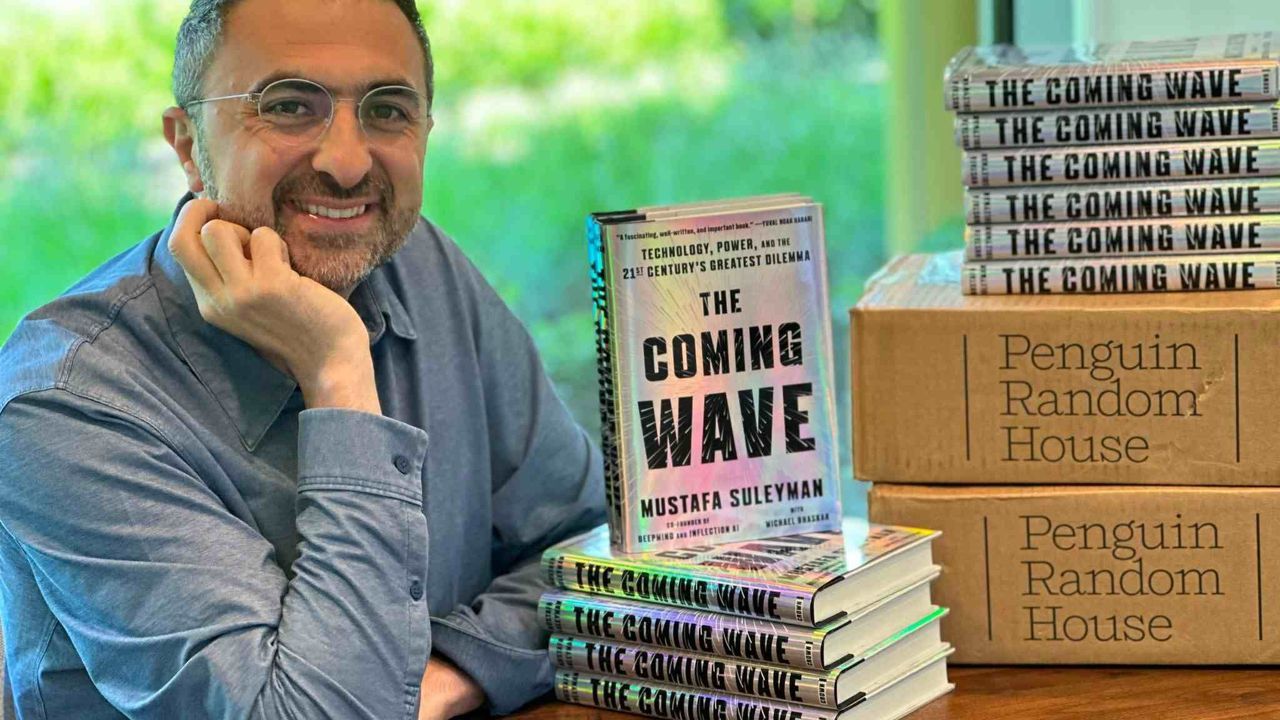Mustafa Suleyman to lead Microsoft's new AI division
Microsoft appoints British artificial intelligence pioneer Mustafa Suleyman to head its newly established division, Microsoft AI

Microsoft has announced that Mustafa Suleyman, a prominent figure in British artificial intelligence, will lead its newly established division, Microsoft AI.
Suleyman, widely recognized for his role in co-founding DeepMind, a leading AI firm acquired by Google in 2014, currently heads the startup Inflection AI.
His appointment reflects Microsoft's commitment to advancing AI technologies and underscores the company's strategic focus on innovation in this field.
In a statement shared on social media platform X, Suleyman expressed his excitement about assuming the new role at Microsoft.
He mentioned his plans to bring along several colleagues, including Karen Simonyan, a longtime collaborator who will serve as chief scientist.
Suleyman's responsibilities will encompass leading all consumer AI products and research initiatives, such as the Copilot chatbot, Bing, and Edge.
Microsoft CEO Satya Nadella praised Suleyman as a visionary leader and product innovator, highlighting his track record in building pioneering teams dedicated to ambitious missions.
Nadella expressed his eagerness to use Suleyman's expertise and talents to advance Microsoft's consumer AI research and product development efforts.
Suleyman's transition to Microsoft marks a significant move for the company, further solidifying its position as a frontrunner in the AI landscape.
Microsoft has invested substantially in AI infrastructure, including partnerships with organizations like OpenAI and Mistral AI, to advance AI research and development.
These investments underscore Microsoft's commitment to shaping the future of AI technology and its applications across various industries.
Source: Newsroom









